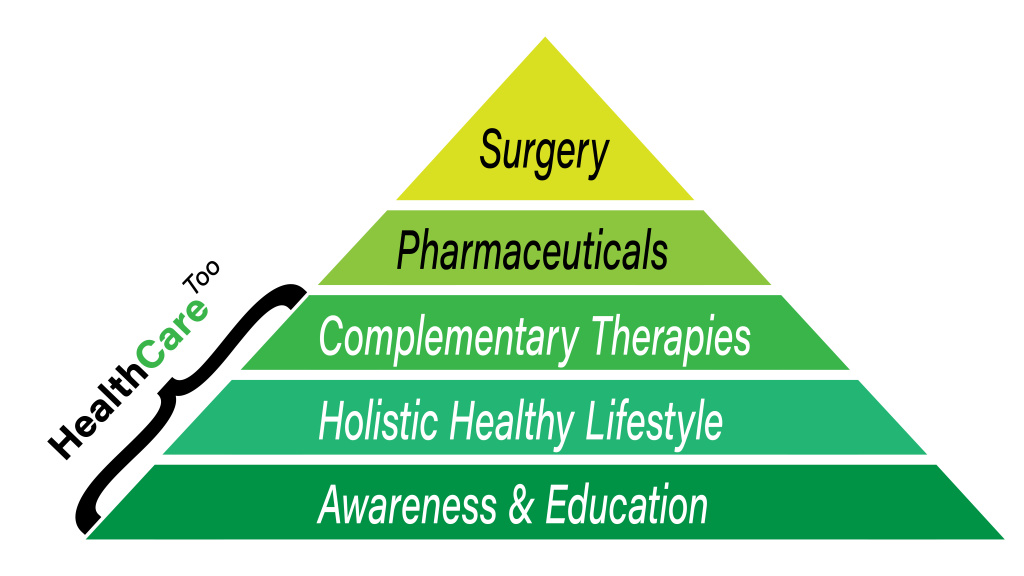Nutritional Psychiatry
It looks like a more holistic approach to health may be making another stride forward. As mental health (too) slowly gains acceptance as a health condition, so too has many of mental health’s social determinants been acknowledged. The term Nutritional Psychiatry is the mental health version of Food As Medicine (eventually we will all get together) and shows promise for those with mental health challenges.
Food can be your best friend or worst enemy when it comes to managing a variety of health conditions. Just ask anyone who has reversed their type 2 diabetes by ditching the refined carbs or drastically reduced their rheumatoid arthritis symptoms after adopting an anti-inflammatory diet. Dietary habits and mood are clearly connected, too. This, of course, is clear in your day-to-day life whenever you experience that drop in energy and spike in irritability shortly after a big slice of your coworker’s birthday cake.
“These days it’s common to hear food referred to as medicine. What’s so surprising to many people is the fact that this statement powerfully applies to mood,” says David Perlmutter, M.D., renowned neurologist and host of the upcoming series Alzheimer’s: The Science of Prevention.
In fact, an emerging field of research known as nutritional psychiatry is getting an increasing amount of attention for just this reason, with studies revealing drastic improvements in depression, anxiety, and other conditions among patients who make strategic dietary changes. This has prompted more mental health professionals to start asking their patients and simple yet potentially life-altering question: What have you been eating?
Source: Nutritional Psychiatry: The Next Big Frontier In Mental Health
You may also enjoy Gut Health Affects Your Brain




